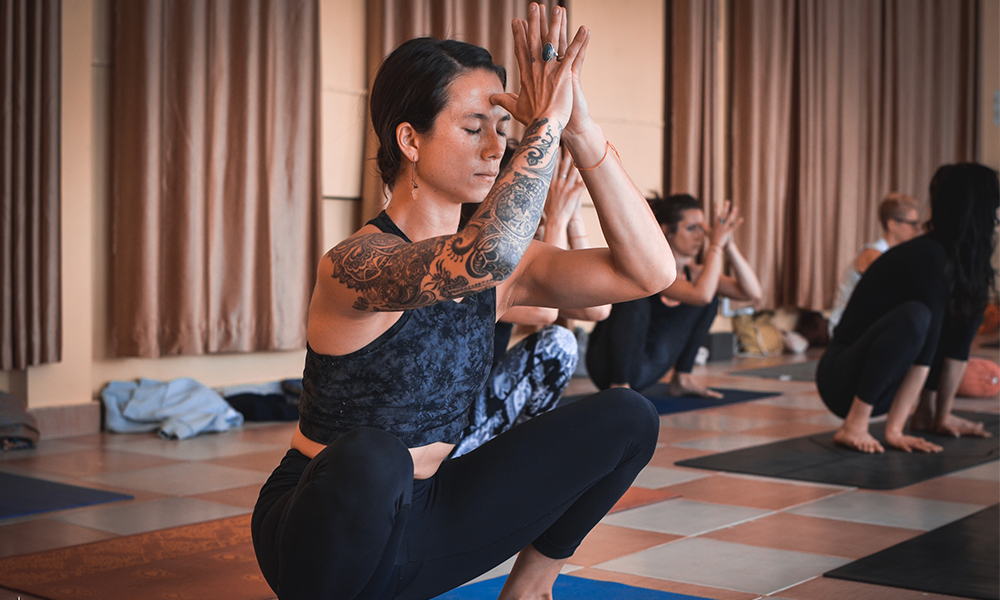Yoga is a physical, mental, and spiritual practice that originated in ancient India. It involves a series of postures, breathing exercises, and meditation techniques that can have a positive impact on mental well-being.
Reducing Stress and Anxiety
Yoga has been found to be an effective way to reduce stress and anxiety. The physical postures, or asanas, can help to release tension in the body and promote relaxation. The breathing exercises, or pranayama, can help to calm the mind and reduce feelings of anxiety. In fact, a study published in the journal “Complementary Therapies in Medicine” found that practicing yoga for just six weeks can lead to a significant reduction in anxiety levels.
Improving Mood
Yoga can also have a positive impact on mood. The physical activity involved in yoga can release endorphins, which are chemicals in the brain that promote feelings of happiness and well-being. Additionally, the mindfulness and meditation techniques used in yoga can help individuals to develop a more positive outlook on life. A study published in the “Journal of Alternative and Complementary Medicine” found that practicing yoga for 12 weeks led to significant improvements in mood and overall well-being.
Boosting Self-Esteem
Yoga can also be a powerful tool for improving self-esteem. The physical postures involved in yoga can help individuals to feel more confident in their bodies and abilities. Additionally, the mindfulness and meditation techniques used in yoga can help individuals to develop a more positive self-image. A study published in the “International Journal of Yoga” found that practicing yoga for six months led to significant improvements in self-esteem and self-confidence.
Overall, the impact of yoga on mental well-being is clear. Practicing yoga on a regular basis can help to reduce stress and anxiety, improve mood, and boost self-esteem. Whether you are new to yoga or have been practicing for years, incorporating yoga into your daily routine can have a positive impact on your mental health and well-being.

